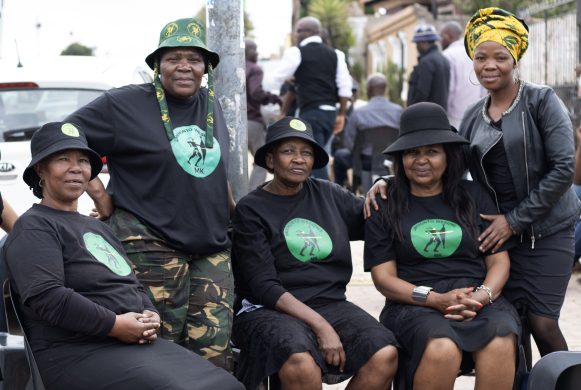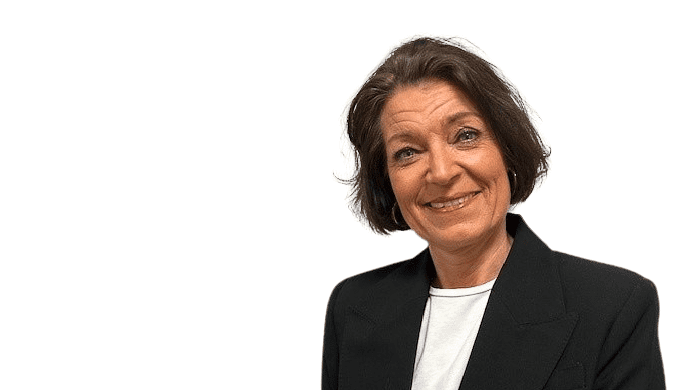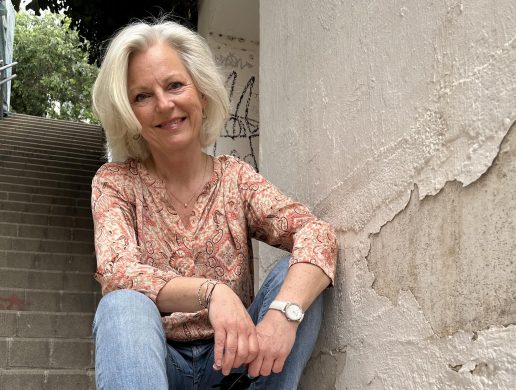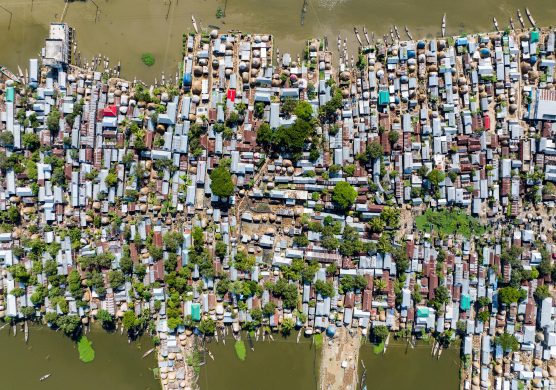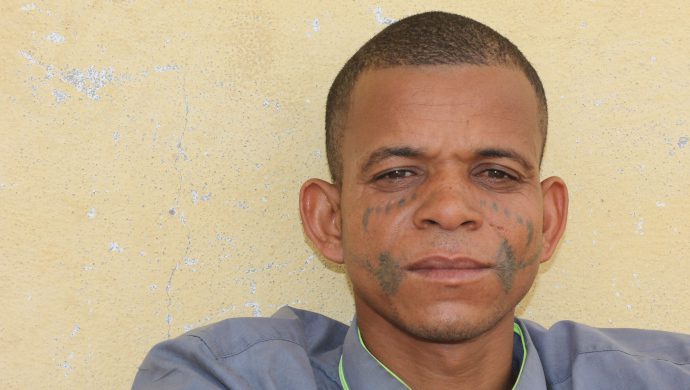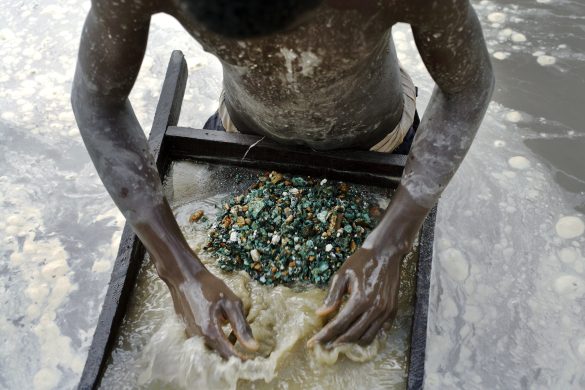Udviklingsminister Ulla Tørnæs afholdt den 25. januar 2010 den afsluttende tale på en international konference om sundhed og voldelige konflikter i København, arrangeret af organisationen Globale Læger.
I talen understregede hun bl.a., at hensynet til kvinders reproduktive sundhed, dvs. adgang til fødselshjælp, adgang til prævention og familieplanlægning mv., bør vægtes langt højere, når det internationale samfund fastlægger katastrofeindsatserne.
Se talen her:
“Global Response 2010 – International Conference on Violent Conflict and Health”, Copenhagen 25 January 2010
Ladies and Gentlemen,
Thank you for this opportunity to participate in the closing of your conference on health and violent conflicts. I know you have had intense dialogue through the last couple of days on this very interesting subject. Let me use the opportunity today to provide some remarks on the particular challenges of women and their health when it comes to violent conflicts.
More than 30 million people have been uprooted from their homes and live as refugees or internally displaced persons due to violent conflicts or other emergency situations. That itself is a large number that is difficult to relate to. 4 out of 5 – or 24 million of them – are women and children.
We all know that women have particular needs when it comes to reproductive health – and that reproductive health services most often are unavailable in times of emergencies. This is unfortunate – to put it mildly – and something that we should give much more attention.
Reproductive health issues are the leading cause of death and illness of women in their childbearing age worldwide. In humanitarian emergencies, reproductive health services are often very limited or in some cases non-existent. Lack of professional care in response to complications of pregnancy and childbirth has lead to the death and permanent disability of many women and girls in conflict areas.
On top of this comes the common use of sexual violence. Gender based violence remains a critical dimension in conflict and post-conflict situations many places. Women’s bodies become battlegrounds and rape is used as a method of warfare. This leads to unwanted pregnancies which again lead to life-threatening complications from unsafe abortions that are not addressed by post-abortion care. Half a million women dye yearly due to pregnancy related complications. Violent conflict only makes women more vulnerable to complications.
We have known this situation for years. But even though we have attention on women’s needs, reproductive health services are not always an element of humanitarian responses to conflict situations. This must change.
Denmark’s new plan of action for implementation of Security Council Resolution 1325 on Women, Peace and Security clearly states that immediate protection to reduce gender based violence should be part of all actions of support. This includes conflict prevention, peace building and stabilization as well as humanitarian assistance. Our new strategy for humanitarian action underlines our strong priority of protection of civilians when we provide humanitarian assistance. Emphasis is placed on the special needs of women and other vulnerable groups.
For this reason Denmark has initiated a new partnership with UNFPA to protect women and ensure that women’s needs are not overlooked in the rush to provide humanitarian assistance. During the next two years we will provide UNFPA with an additional 6 million USD. The money will be used to accelerate UNFPA’s efforts to protect women from gender based violence and increase access to sexual reproductive health and rights in humanitarian settings. I am very pleased that Denmark will be one of the key donors assisting the UNFPA to spearhead this important work. On top of this we have also pledged funding for UNFPA’s present work in Haiti.
To me every woman deserves high-quality care not only at their most vulnerable hour, but at every single stage of life. There is a direct link between a women’s ability to plan her family, space her pregnancies and give birth safely – and her ability to get an education, bring up healthy children and participate fully in the economic life of her community.
Women are often agents of change. Studies have documented that without women’s active participation – at all levels – in peace negotiations and in reconstruction processes no lasting peace and sustainable development will take place. Gender equality is a good investment for societies, also to prevent violent conflicts. The Danish Government has made a strong, global call for action to empower women and promote gender equality. Our campaign has received impressive support from leaders around the world who has committed to do something extra to accelerate their efforts in this field. We will host a high-level international conference in March in Copenhagen to ensure sustained focus on action for gender equality. Women’s health and their role as agents of change in peaceful as well as in conflict situations is part of the conference. This will remain on top of our agenda also in the future.
Thank you for your attention.







